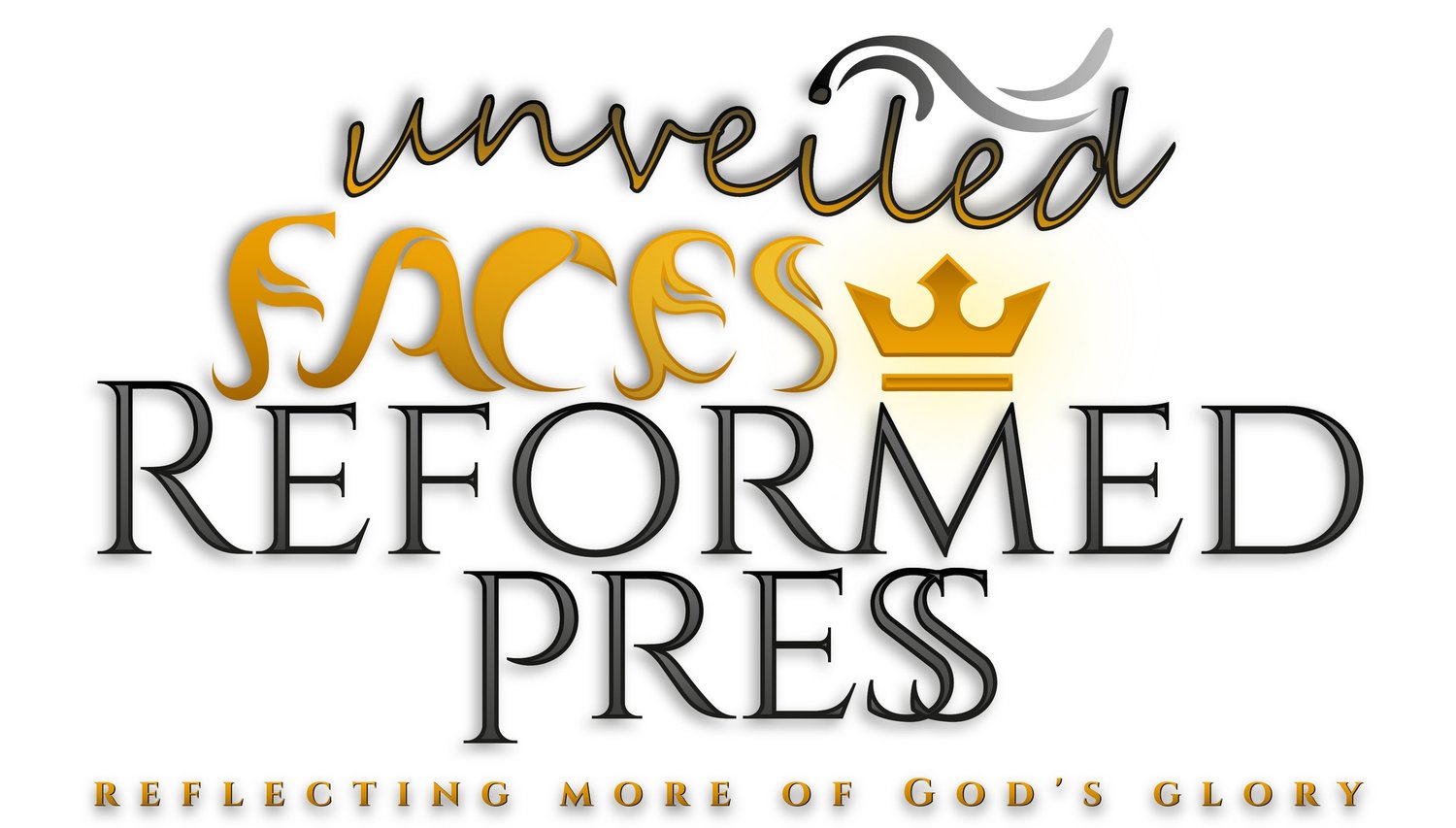Superhero stories: the good meta-humans intervene to stop the evil intentions of people (or meta-humans, people-like but with superpowers, usually just one) so the good guys can work together and capture and imprison them. Powers are such that both sides seem evenly matched, except the good guys put their powers together to get a micro-victory. They can’t see the future outcome and only try to do the right thing at the time: either stop/capture the bad guy and/or protect the good or innocent people. In contrast, the bad guy gets away to build suspense for another episode, sort of like the police or National Guard or SWAT team.
THE FLASH: A SERIES OF STORIES ABOUT RESISTING EVIL: The Hero movies and TV shows have typical “good-guy beats bad-guy” themes (Harry Potter books and movies had these, too). The Flash: stops evil by moving faster than the evil intended: removing the person from the target range of the evil villain taking aim or intercepting the weapon in motion. However, he lacks omniscience of all future events, so he can only do selective intervention where their supercomputers and city video cameras alert them.
presence: The power and speed of The FLASH or ZOOM or Savatar give them multi-presence. The wall of computers connected to multi-present city cameras.
moral judgments: The series’ characters' only moral compass is to act as Central City’s [world] policeman: protecting civilized “innocent” bystander people from self-centered or evil-controlled bad guys. Numerous episodes reveal moral courage and self-sacrifice to save or help others, especially in the climax of season 3, to save Iris from Savatar.
sufficient: the inventive wisdom and ever-available resources to create new gadgets for protection or justice of CISCO or Dr. Wells
superior knowledge: The wall of computers connected data banks of information. Team Flash solving problems together.
cooperative: The teamwork of FLASH/Barry, Iris, CISCO, Wells, Caitlin, Joe
powerful: The word of Barry’s/the Flash’s promise to save a character from danger. The creative engineering or medical powers of various characters (Dr. Wells, Julian, Cisco, Caitlyn, PhD student Tracy Brand) to design powerful devices to protect life or stop evil.
faithful: main characters to each other: I will save you; I love you and will not let harm come to you. I will sacrifice myself for your good because of our pledged friendship or romantic love.
historical: They learn to travel through time, but because they lack omniscience, they do not know the historical factors they manipulate to change the future. Savatar wants to fracture or duplicate himself into all points of time, attempting to be omni-historical, and he describes this a becoming a "god".
Human narrative of family, friendship, courage, and self-sacrifice: The narrative storyline that holds all the FLASH superhero action together is vignettes of romance, friendship, love, courage, and sacrifice.
THE GOD OF SCRIPTURE: Westminster Confession of Faith Chapter 5:1 [with my inserted eight attribute words to show parallels]
I. God the great Creator of all things does uphold, direct, dispose, and govern all creatures, actions, and things, [supremely sufficient, powerful, everywhere present] from the greatest even to the least, by His most wise [supremely knowing] and holy [supremely righteous] providence, according to His infallible foreknowledge,[5] [supremely dynamic] and the free and immutable counsel of His own will,[6] [supremely harmonious in Trinitarian counsel] to the praise of the glory of His wisdom, power, justice, goodness, and mercy.[7] [supremely faithful]
Study God's attributes to see how all the movies about fighting evil are so far off from the real picture of how God fights evil and directs his angels to do his will in the universe!
All of God’s attributes work together to overrule evil.
The power and speed of The FLASH or ZOOM or Savatar or the wall of computers connected to multi-present city cameras are laughable child’s play compared to God’s supreme presence and power. The wall of computers connected data banks of information and the inventive wisdom and ever-available resources to create new gadgets for protection or justice of CISCO or Dr. Wells is the mere babbling of preschool infant learning his first words compared to the creative wisdom supreme knowledge and sufficiency of the God who made and sustains the universe. The teamwork of FLASH/Barry, Iris, CISCO, Wells, Caitlin, and Joe is like two-year-olds fighting over toys compared to the unstoppable harmonious cooperation of the Trinity and his infantry of angels who do his will every second of created time on the ground, in the air, or under the water. Their attempts to travel through time are but a dim shadow of the dynamic control of the LORD over every millisecond of the universe from the beginning of “Let There Be Light” (within a world of sequential time and ordered space) to the melting of those elements to usher in the eternal heaven and earth where his people will dwell forever with God in righteousness and the eternal hell where his enemies will be tormented without end in the presence of the LORD’s wrath. The word of Barry’s/the Flash’s promise to save a character from danger is a nearly helpless empty promise without power to back up his word. God’s limitless power backs every faithful word coming from the mouths of his prophets and apostles. The series’ characters' only moral compass is to act as Central City’s [world] policeman: protecting civilized “innocent” bystander people from self-centered or evil-controlled bad guys, while the supremely righteous Lord has Ten Commandments to reveal who he blesses and who he curses.
The Gospel is a real story of unworthy sinners' adoption into the divine family, friendship with God and each other, love (God's love for us in Christ, our love for God and each other), and sacrifice (the propitiation of the cross of Christ for our sins). The Gospel storyline holds our lives together and gives us all hope for the new heavens and earth.

